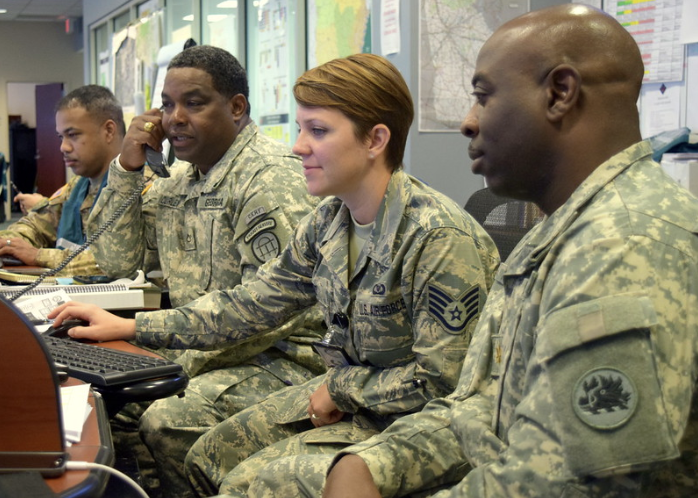Remember Labor Day history
September 3, 2013
Yesterday was Labor Day, a day dedicated to honoring the hard work of workers by giving them a day off of work, or giving them overtime pay all day if they are working. While most people, especially in the South, don’t associate Labor Day with unions, it is important to note the effect that unionization had on the creation of the day and on modern American labor laws.
Labor Day was created in response to a Pullman strike that resulted in the death of many strikers at the hands of government officials. Labor Day was partially a way to placate workers across the nation after the fatal strike. While unionization rates, especially in the private sector, have fallen sharply since the early 20th century when the strike occurred, the legacy of unionization still is evident today.
Unions in many industries contributed to modern laws regarding working conditions, minimum wage and overtime pay, and currently the higher wages normally paid to union members as part of their collective bargaining agreements raise wages even in the non-union shops. Ironically, the anti-union president Ronald Reagan described the effect of unions on non-union shops perfectly when he said, “A rising tide lifts all ships.”
However, the decreasing power and membership rates of unions in the U.S. also leads to bad blood between union members and non-union members in the same shop, or even in the same company. The non-union members for reasons of their own do not wish to join a union, but to the union members, the non-union workers undermine the strength and integrity of the union to which they belong. This creates conflict in the workplace, often resulting in the sending of damaged parts from closed to open shop workplaces or the ostracizing of non-union workers.
In spite of the declining numbers of union membership, certain industries are starting to demand unionization. During the summer, Wal-Mart workers attempted a strike that ultimately failed and in the past week, fast food workers struck for better working conditions and wages. These strikes may be isolated blips on the radar, or they may be the beginning of a new wave of unionization in the U.S.
Whatever your personal opinion on unions is, it is important to realize their effect on the U.S. and its history.















